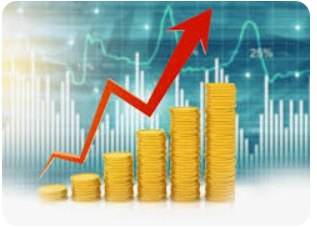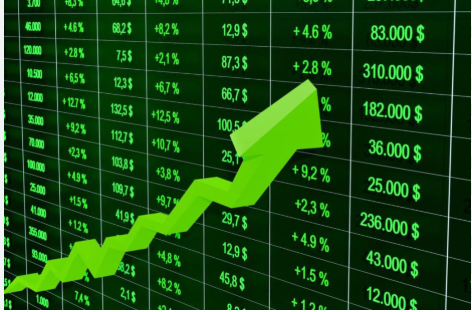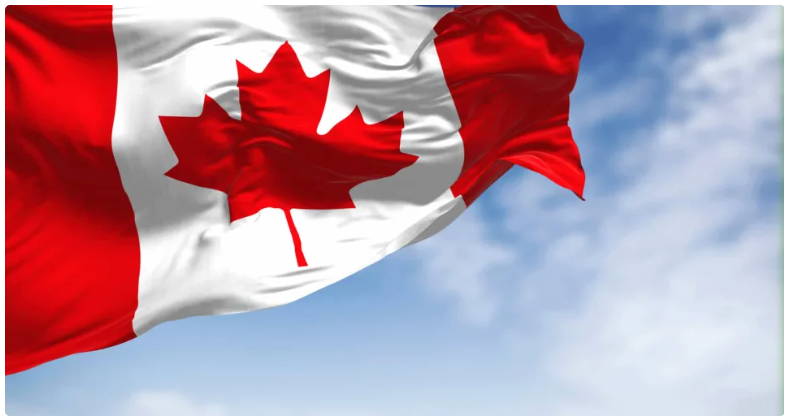Former President Donald Trump announced a new trade agreement with Vietnam on Wednesday, under which the U.S. will impose a reduced tariff of 20% on imports from the Southeast Asian nation. This marks a significant drop from the previously planned 46% tariff that was set to take effect next week as part of Trump’s broader push for “reciprocal” trade policies first unveiled in April.

Also Read: Buy Canadian AI stocks
The agreement comes as numerous countries — including Japan and members of the European Union — are still racing to secure their own trade arrangements with the U.S. ahead of looming tariff hikes.
As part of the deal, Vietnam has agreed to eliminate tariffs on U.S. exports entirely. In a social media post, Trump declared that the U.S. would now have “TOTAL ACCESS” to Vietnam’s market, emphasizing that American products would be able to enter tariff-free — a move he described as Vietnam “OPENING THEIR MARKET TO THE UNITED STATES.”
Also Read: Emerging AI stocks in Canada
However, the deal also introduces a sharp 40% tariff on goods that are routed through Vietnam in a practice known as “trans-shipping.” This measure targets goods — often of Chinese origin — that are redirected through Vietnam to bypass U.S. trade restrictions. Trump adviser Peter Navarro has claimed that roughly a third of Vietnamese exports to the U.S. are actually Chinese products re-labeled or rerouted through Vietnam.
Vietnam has become a major global manufacturing hub for multinational brands like Apple, Nike, Gap, and Lululemon, especially as companies sought alternatives to Chinese factories following Trump’s first round of tariffs during his initial term in office. Although the initial news of the deal boosted the stock prices of companies manufacturing in Vietnam, investor enthusiasm cooled somewhat after details of the 20% tariff were clarified.
Adam Sitkoff, Executive Director of the American Chamber of Commerce in Hanoi, told the BBC’s World Business Report that the trade deal leaves Vietnam in a “strong position,” and he expects continued U.S. demand for Vietnamese-made goods. However, he raised concerns about the 40% trans-shipping tariff, calling the definition of the practice “vague” and “politicized,” and suggesting that enforcement could be challenging.
During a phone conversation with Trump, Vietnam’s General Secretary To Lam reiterated an invitation for the former U.S. president to visit the country.
The Trump Organization is also expanding its footprint in Vietnam. The government recently approved a $1.5 billion joint venture with local firm Kinh Bac City Development to build luxury real estate, including hotels and golf courses. Plans for a Trump Tower in Ho Chi Minh City are also in the early stages, with the company scouting locations.
Earlier this year, Trump had implemented broad tariffs on several trade partners, citing a lack of reciprocity in market access. He later announced a temporary pause, during which the blanket tariffs were reduced to 10% — a window that Vietnam took advantage of to negotiate this new agreement.
Sign Up For our Newsletters to get latest updates





